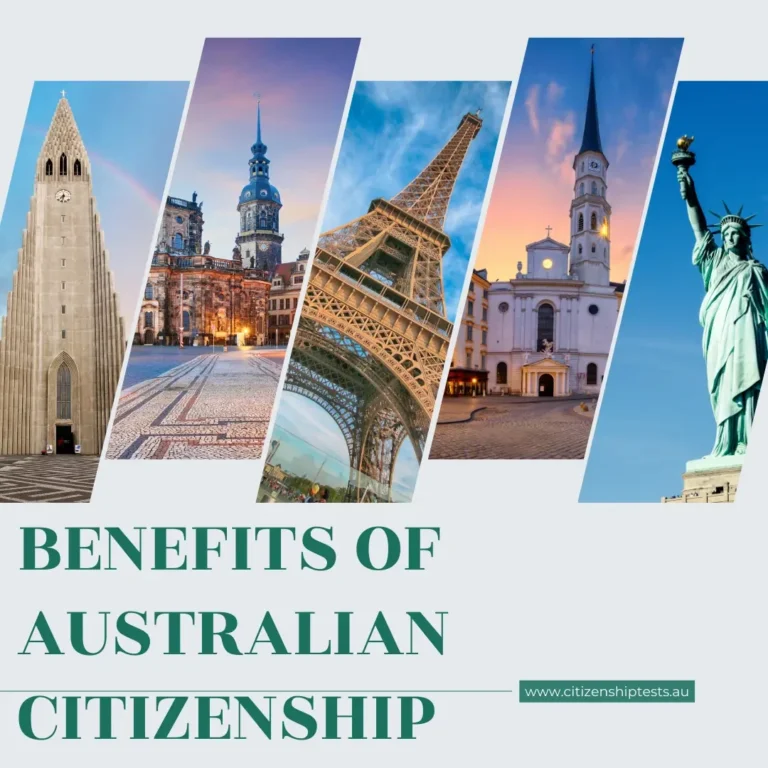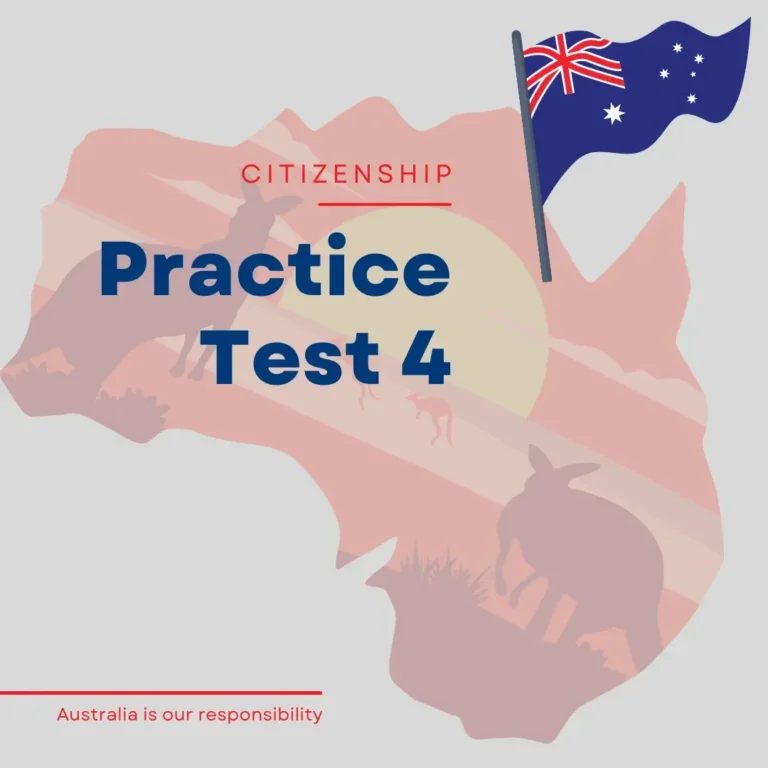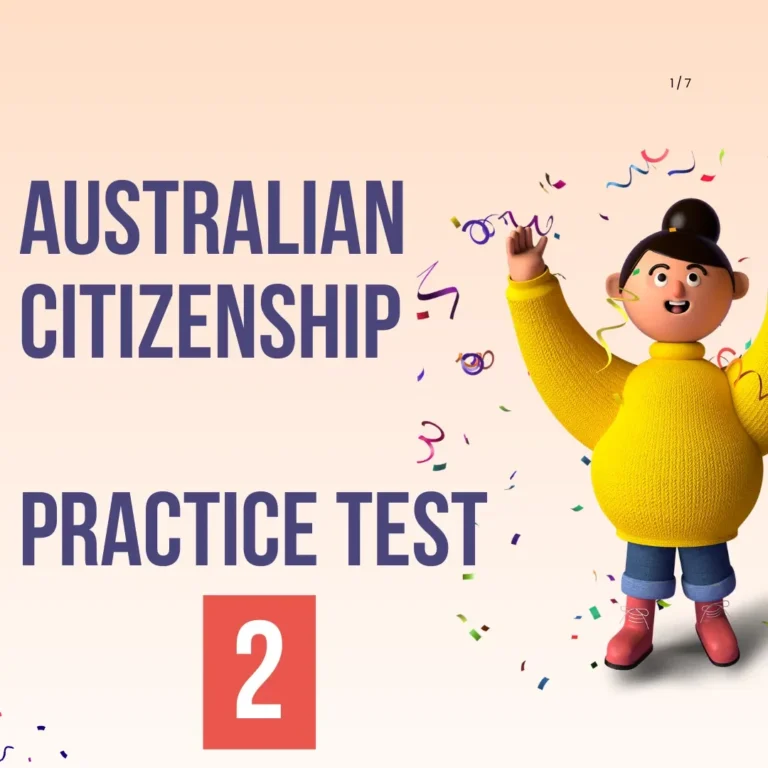Module 3 – Lesson 11- How are laws enforced ?
Australia has an independent judiciary, which means that a court decides whether or not an individual is in violation of the law, and what punishment they should get if they are. A person is only justified in court based on the facts offered.
Judges or magistrates rule over courts and have jurisdiction over court proceedings. Despite the fact that they are chosen by the government, the government has no power to intervene with their choices, and they cannot be fired for making decisions with which the government disagrees.
The judicial system in Australia is based on the principle that a person is presumed innocent unless proven guilty in court. Anyone accused with a crime has the right to be represented by a lawyer. In some circumstances, a jury decides whether the defendant is guilty or innocent. Juries are drawn at random from Australia’s adult population. A judge will clarify any issues of law to the jury as needed, but will not be able to influence their judgements. In criminal trials, if the jury finds the defendant guilty, the judge will determine the defendant’s punishment.
The purpose of the Australian police force is to maintain Australian communities calm and orderly. They are an autonomous body, although being formed and funded by the government
Each state, as well as the Northern Territory, has its own police force to deal with offences under state law. The Australian Federal Police (AFP) is also a national police force. The AFP is in charge of investigating federal crimes like as drug trafficking, environmental offences, and crimes against Australia’s safety, such as terrorism. The AFP is also in charge of police in the Australian Capital Territory.
In Australia, the police and the general people typically get along; the police are there to aid the public, and you may report crimes to them and seek assistance as needed. Bribing or trying to bribe a police officer is a severe crime.



